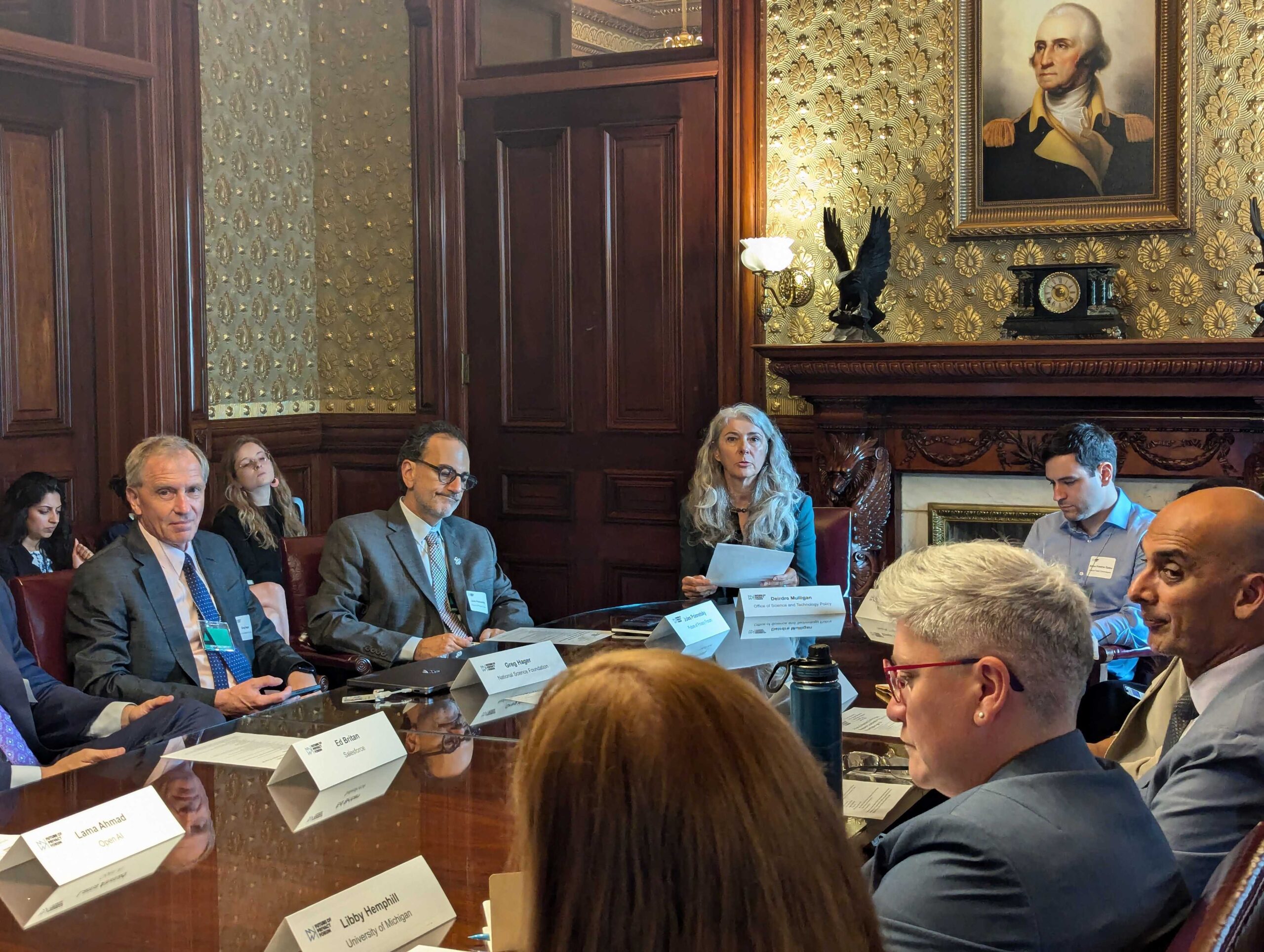
FPF Training Program 2024 – Biometrics: From Head to Toe (Topic Page)
Biometrics: From Head to Toe FPF is pleased to offer the training topic: Biometrics: From Head to Toe to you and your team. Biometric technologies measure physical characteristics and apply statistical analysis to identify an individual, verify identity, or make related inferences. Biometrics are often used to unlock smartphones, access bank accounts, travel, and enter physical […]

FPF Training Program 2024 – Master the Digital Landscape (Topic Page)
MASTER THE DIGITAL LANDSCAPE: STRATEGIES FOR ADVANCED ONLINE ADVERTISING FPF is pleased to offer the advanced training in our AdTech Learning Module: Fundamentals of Online Advertising to you and your team. In this advanced course, we dive into key issues surrounding Digital Advertising as it impacts the world of privacy practitioners and their key stakeholders. […]

FPF Training Program 2024 – De-Identification (Topic Page)
De-identification FPF is pleased to offer the training topic: De-Identification to you and your team. This session will explore why de-identification can serve as an effective tool to preserve the privacy of individuals, in adherence to current standards and regulations for the protection of personal data. Using a risk-based approach, the session will also cover […]

FPF Training Program 2024 – U.S. Privacy Landscape (Topic Page)
U.S. Privacy Landscape FPF is pleased to offer the training topic: U.S. Privacy Landscape to you and your team. Commercial privacy in the United States is regulated through a maze of state and federal laws and regulations. There are sector-specific privacy laws at the state and federal levels, active federal enforcement bodies with broad mandates […]

Connecting Experts to Make Privacy-Enhancing Tech and AI Work for Everyone
The Future of Privacy Forum (FPF) launched its Research Coordination Network (RCN) for Privacy-Preserving Data Sharing and Analytics on Tuesday, July 9th. Industry experts, policymakers, civil society, and academics met to discuss the possibilities afforded by Privacy Enhancing Technologies (PETs), the inherent regulatory challenges, and how PETs interact with rapidly developing AI systems. FPF experts […]

Confidential Computing And Privacy: Policy Implications of Trusted Execution Environments
Confidential computing leverages two key technologies: trusted execution environments and attestation services. The technology allows organizations to restrict access to personal information, intellectual property, or sensitive or high-risk data through a secure hardware-based enclave or “trusted execution environment” (TEE). Economic sectors that have led the way in adopting confidential computing include financial services, healthcare, and […]

Reflections on California’s Age-Appropriate Design Code in Advance of Oral Arguments
Co-authored with Isaiah Hinton, Policy Intern for the Youth and Education Team Update: On Wednesday, July 17th, the U.S. 9th Circuit Court of Appeals heard oral arguments for an appeal of the District Court’s preliminary injunction of the California Age-Appropriate Design Code Act (AADC). Judges Milan Smith Jr., Mark Bennett, and Anthony Johnstone appeared interested […]

NEW FPF REPORT: Confidential Computing and Privacy: Policy Implications of Trusted Execution Environments
Written by Judy Wang, FPF Communications Intern Today, the Future of Privacy Forum (FPF) published a paper on confidential computing, a privacy-enhancing technology (PET) that marks a significant shift in the trustworthiness and verifiability of data processing for the use cases it supports, including training and use of AI models. Confidential computing leverages two key […]
